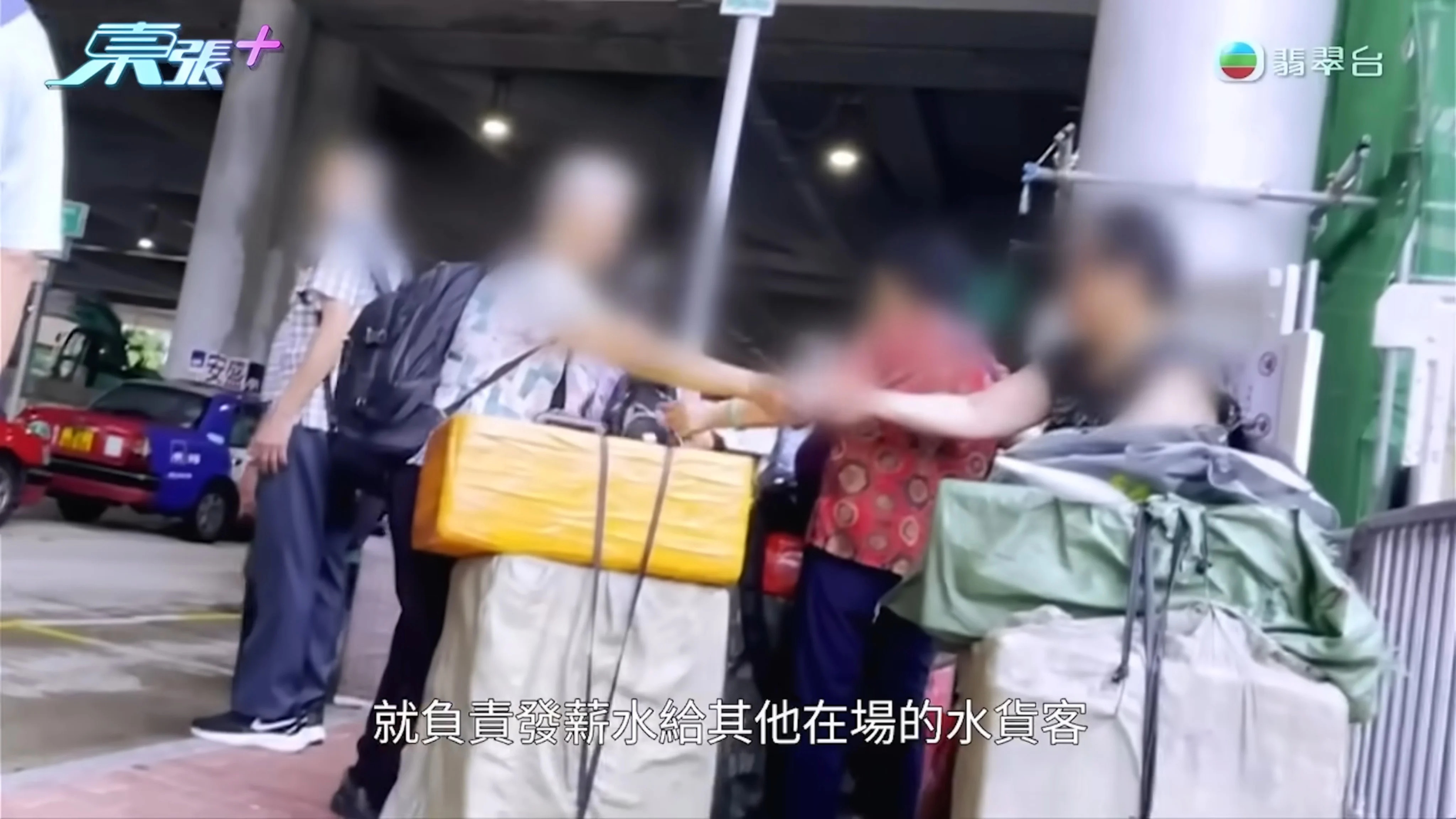Copyright scmp

A popular Japanese sushi chain in Hong Kong has denied involvement in alleged food smuggling after a broadcast investigation showed parallel traders transporting raw fish and chilled goods from mainland China using the chain’s foam boxes, sparking food safety fears. Food and Life Companies, the parent firm of Sushiro HK, also threatened legal action against TVB in a statement on Monday night, criticising its report as incomplete and inaccurate, while arguing the free-to-air broadcaster’s investigation was based on one-sided information lacking a factual basis. The accusations were made in an episode of Scoop that aired on Monday evening, after the show received an anonymous tip-off in May about a group of elderly individuals transporting boxes of food from the mainland to Hong Kong. These boxes were marked with various food types, including salmon, and listed the addresses of different outlets, including those in Jordan, Sheung Wan and Kwai Fong, suggesting such goods were being smuggled to local eateries. The programme stated that its production team conducted a lengthy investigation, spotting smugglers exchanging the goods in a car park near the Fung Ying Seen Koon temple in Fanling. It also highlighted that the site conditions were poor and the storage methods used by the smugglers failed to meet hygiene standards for preservation. The report alleged that parallel traders used illegal means to bring sashimi and seafood into Hong Kong, implying that some ended up at a prominent local sushi chain without naming the company. But, in one scene, the programme showed a foam box containing what appeared to be the smuggled salmon. Social media users spotted a label affixed to the box that bore the text “Sheung Wan branch” alongside a series of numbers. Due to the similarity between the numerical code and Sushiro’s branch codes, speculation immediately arose and public scrutiny was directed towards the sushi chain. “It turned out to be Sushiro? I am heartbroken,” one user wrote. “Sushiro’s quality went downhill a long time ago,” another said. Some users also raised doubts about the report. “It is highly unreasonable that a company as large and profitable as Sushiro would risk its reputation to save a small amount of money by using smuggled ingredients, especially in such an obvious manner,” one wrote. The restaurant chain asserted in its statement that the programme implied the company had smuggled ingredients, adding that the show had indirectly defamed the business. The company argued the episode directly misled the public, severely damaged the company’s reputation and caused unnecessary alarm. “Sushiro HK strongly protests against the false reports by the media and will take legal action,” it said. The sushi chain also reiterated that all its ingredients “strictly adhere to the relevant regulations and guidelines set by the Hong Kong government’s Centre for Food Safety”. It added that the company had implemented rigorous quality control measures to “ensure all food and utensils meet hygiene standards”. Regarding the photos of the discarded foam boxes being illegally used, the company expressed extreme concern and stated that it had previously clarified the matter with the programme team before the report was broadcast. It said there were suspicions that individuals might have picked up discarded foam boxes from Sushiro HK without consent for other purposes. Employees had been reminded to handle waste with extra care to avoid misunderstandings and public concerns earlier this month, it added. The chain also affirmed its commitment to upholding the quality standards of Japanese sushi brands, ensuring that all food and utensils meet Hong Kong’s hygiene standards.



